At Crossland Title Agency in Knoxville, we help you through the process of closing on your home. Most people know that it involves a lot of paperwork. This article will help guide you through what happens at closing.
During closing, ownership of a property goes from the seller to the buyer. All funds distribute by the escrow company, and the new deed is in the buyer’s name. The buyer also has to bring a check for all the mortgage and title fees accumulated along the way.
How Our Title Agency in Knoxville Can Help?
The real estate closing refers to settlement. The two terms are interchangeable, though “closing” is the more common usage. This is the final step in a real estate purchase transaction. It’s when property ownership transfers from the seller to the buyer.
There will also be a final distribution of funds on closing day. The sellers will receive a check for whatever proceeds they earned from the sale. The real estate agents will receive a check for their commissions, if applicable. And you (as the home buyer) will have to provide a cashier’s check to cover all your closing costs. We will talk more about these costs later.
What Happens on the Big Day?
As mentioned earlier, there is a lot of paperwork that goes along with this process. Crossland Title Agency in Knoxville will have the documents ready to go — they’ll need signage.
Here are some specific things that happen on closing day:
The buyer will provide a check for the amount owed toward the purchase price of the house.
The seller will sign the deed over to the buyer. This act transfers ownership to the buyer. The seller will turn over the keys, as well.
Crossland Title Company will register the new deed with the appropriate government office. This record will show the buyer as the new homeowner.
The seller receives any proceeds earned from the sale. Once their mortgage balance and closing costs gets paid.
When the documents have signage, and all funds distribute, the ownership will transfer. The transfer goes from seller to buyer. This is when you become a homeowner. The seller will hand you the keys to your new house, and then you’re all done. This is the gist of what happens during a real estate closing. Let’s take a closer look at these events.
Events Leading Up to the Closing!
This closing process will make a lot more sense to you if we put it into a broader context. The groundwork is when you first make an offer to buy a house. Here’s what happens leading up to the big day:
The time and date for closing are usually set during the offer and negotiation stage. The buyer makes an offer to buy the house. As part of the offer, the buyer will propose a closing date. The seller can make a counteroffer to propose a different date. The seller can accept the buyer’s suggestion. Like everything else in the real estate world, it’s negotiable. It usually doesn’t take long for the buyer and seller to agree on a closing day.
The closing is usually scheduled several weeks after the accepted offer. This allows time for the events that must take place after the contract has signage. Allow time for the home inspection, the lender’s appraisal, and the underwriting process.
The period between the offer and the closing is commonly referred to as the escrow period. This is what people mean when they say their house is “in escrow.” It means the sale is pending, but they haven’t yet closed the deal. They are still waiting for the closing day. The typical escrow period is around 30 days, but it can be longer or shorter than this. The buyer and seller must agree on the closing date when negotiating the contract.
When you agree on a date with the seller, it will still require the lender’s input. So you can consider the proposed date to be tentative until the lender gives you a green light. Remember, the mortgage company will be underwriting your loan during the escrow period. So they’ll be the one to determine the actual date to close the deal. They will accommodate your desired window as much as possible, but they might need more time.
If you agree to a 30-day escrow period or longer, the lender should have plenty of time to process the loan. If you agree to a 15-day escrow or shorter, there’s a higher chance the lender will delay the closing. You’ll have to be flexible.
This is another one of the things that will happen on the closing day. You will have to bring a cashier’s check with you to cover all your closing costs.
You’ll get an estimate of these costs shortly after applying for a mortgage loan. The lender must give you a written estimate within 3 days of receiving application. This is according to federal law.
This document is the Good Faith Estimate. It gives you a breakdown of the various costs you’ll incur on closing day.
Crossland Title Agency in Knoxville TN
Customer Service… The key to our success.
10207 Technology Drive Suite 103 Knoxville, TN 37932
865.671.0617
